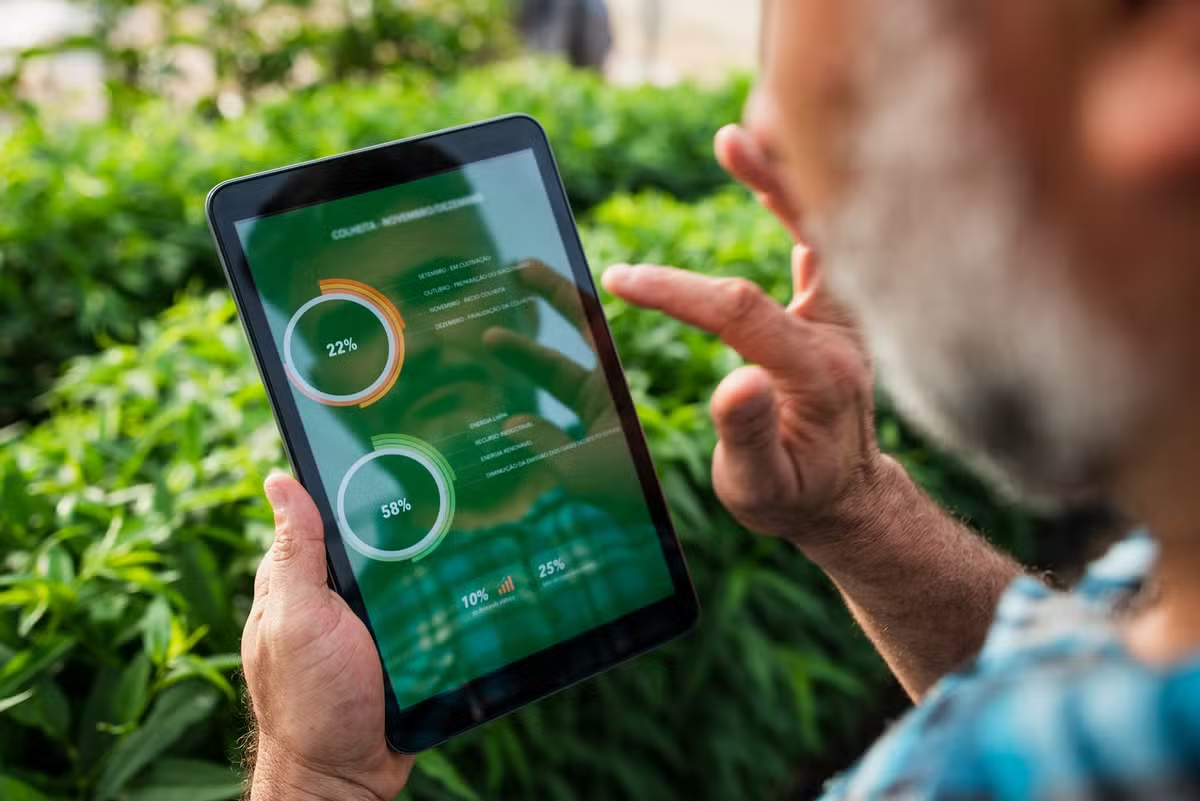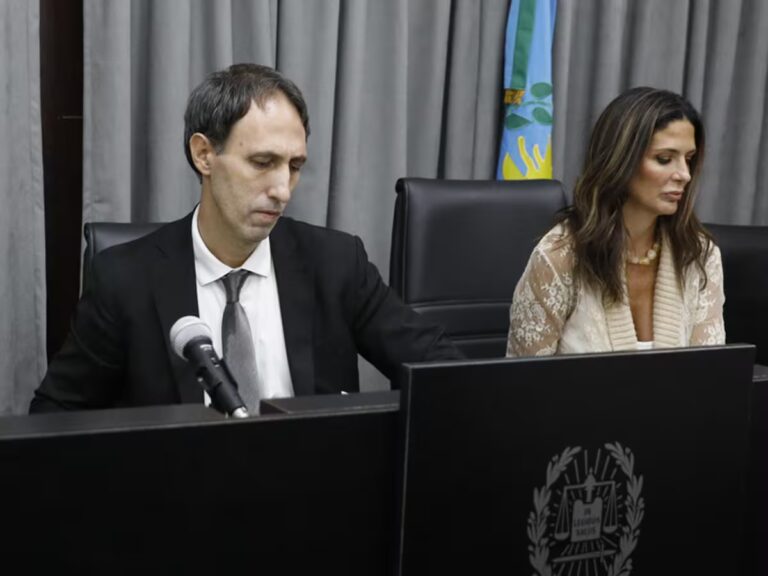
The technological modernization of Brazil’s agribusiness continues to be one of the country’s most important economic challenges. Digital tools, sensors, drones, and artificial intelligence are integrating the sector with the dynamics of the data economy. For many professionals, technology and innovation correlate with productivity.
“The strategic use of technology is becoming increasingly important for companies aiming to grow efficiently and remain competitive,” said Tasiano Custodio, Head of Sustainability at Rabobank Brazil. According to him, the adoption of digital tools is today one of the main drivers of competitiveness in this sector. Digitization of operations from planting to harvest enables more accurate decision-making and greater control of resources.
According to a study by Logicalis, 45% of agribusiness companies in Brazil have already implemented Internet of Things (IoT) solutions in their operations. Soil sensors automatically adjust water and fertilizer use. Intelligent sprayers optimize input application. In addition to this, it also includes a blockchain-based traceability system that ensures transparency in areas that require high standards of compliance, such as coffee, animal protein, and milk.
The market is showing this growth. According to data provided by the Brazilian Agricultural Research Corporation (Embrapa) through the “Radar Agtech Brasil” study, the innovation environment in Brazilian agriculture recorded significant growth from 2023 to 2024.
Furthermore, the number of incubators in the region increased by 224% (from 32 to 107) and startup accelerators by 90% (from 21 to 40). Hubs appeared 29% (from 82 to 106) and technology parks by 25% (from 93 to 117). This annual survey is carried out in partnership with Embrapa, Homo Ludens and SP Ventures to map startups, development spaces and investors in the sector.
Artificial intelligence is also playing a decisive role. Algorithms combine climate, soil, and productivity information to predict the occurrence of health hazards and guide preventive management. “These solutions not only create efficiency and safety, but also contribute to more responsible production, which is essential to maintaining the international reputation of Brazilian agriculture,” explains Taciano.
In many countries, natural conditions impose limits on biodiversity and agricultural performance. In Brazil, the situation is reversed. The abundance of resources requires wise management to ensure a balance between economic growth and responsible use of resources.
Mosaic management practices, combined with continuous monitoring of planted areas, demonstrate how conservation and productivity can be reconciled, a competitive advantage that strategically positions Brazil on the world stage.
Despite technological advances in this field, significant obstacles still exist. Limited connectivity, the need for technical training, and financial challenges continue to be decisive factors for wider adoption of innovations. Many farmers are looking for financial support to maintain production growth, and Rabobank is positioning itself as a long-term partner in this scenario.
With personalized solutions, market intelligence and a collaborative network, we enable you to invest in technology for efficiency, traceability and innovation. The bank’s head of sustainability emphasizes that the bank’s difference lies in its more than 125 years of experience in agribusiness and its global presence.
“Based on our history of operating with a focus on innovation and efficiency, Rabobank has sought to contribute to strengthening Brazil’s position as a global benchmark for excellence in food production and agriculture. Supporting those who believe in innovation and adopt digital solutions as a strategy for the future is, above all, an investment in competitive and resilient agribusinesses,” concluded Tasiano.



